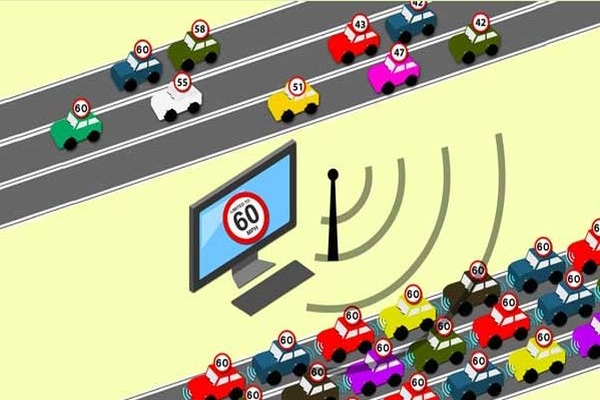Published on the 22/07/2015 | Written by Beverley Head

Adelaide will host Australia’s first on-road trials of driverless cars starting in November – but could driverless cars, which produce around a gigabyte of data a second, clog the internet?…
South Australian Premier Jay Weatherill yesterday announced that Volvo would be allowed to test its driverless vehicle in Adelaide later this year. Volvo has already announced plans to launch the self- driving cars by 2017.
According to Weatherill, by 2030 the international driverless car business will be worth $90 billion, while the technology should “improve safety, reduce congestion and lower emissions.” He said that South Australia, which was once the heart of the local car sector, wanted to play a key role in the development of the new industry.
The driverless car trials will take place on the Southern Expressway on November 7 and 8, and are timed to coincide with a driverless car conference being held in Adelaide.
Road research group ARRB Group will be involved in the trial which will also involve technology partners Telstra and Bosch.
While the participants in the trial are enthusiastic about the long term benefits of the technology, the news of Australia’s first public trial came as news emerged that hackers in the US had taken control of a Jeep travelling on a highway. A report in Wired describes exactly how two hackers were able to remotely take control of the car.
Having your car hacked is a nightmare scenario – but there may be more prosaic issues to tackle first.
According to a blog posted at the weekend by Mark van Rijmenam, founder of Europe based big data consulting business Datafloq, Google’s driverless car generates almost a gigabyte of data a second. He estimates that in the US, based on existing driving patterns, a single car could generate 2 petabytes of data a year.
That wealth of data is used to allow the car to safely navigate traffic and reduce the likelihood of crashes, it could identify when the car needs a service, and potentially provide insight to insurance companies.
The next challenge will come when the driverless car is connected to the internet.
Initially driverless car trials will involve making autonomous vehicles just that – autonomous, and responsible for their own data management. In the future driverless car companies envisage the vehicles being connected over the internet to one another and potentially to emergency services.
Australia’s network providers struggled with the arrival of Netflix – when the streaming service was switched on ISP iiNet, for example, saw Netflix traffic surge from 0 percent to 20 percent of throughput on its networks, leaving it struggling to meet demand. The arrival of fleets of driverless cars generating a gigabyte of data a second could take the challenge to a whole new level.



























